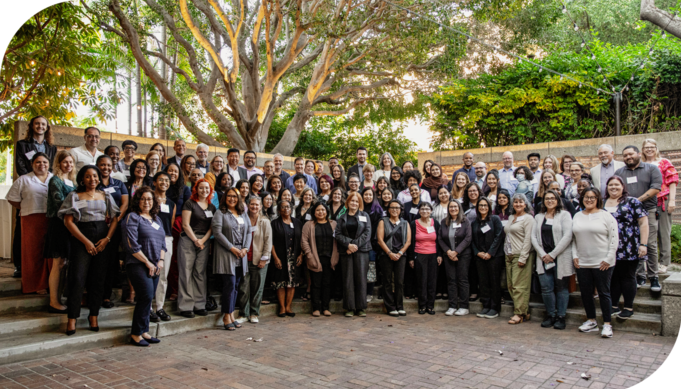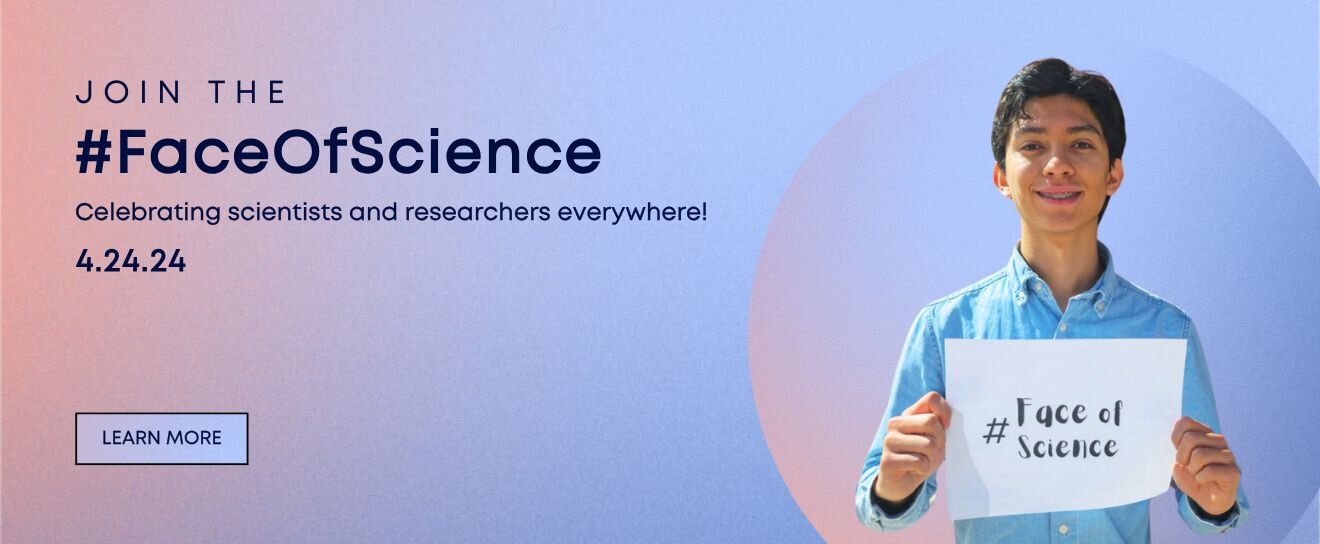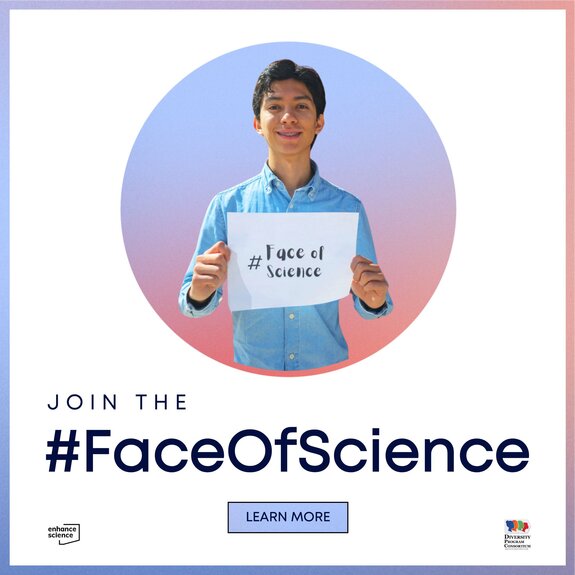About the DPC
The Diversity Program Consortium (DPC) is a network of institutions funded by the National Institutes of Health (NIH) to improve training and mentoring and to enhance individuals' success in biomedical research careers. This initiative aims to transform institutional culture and biomedical training and mentoring nationwide.

Connect with the Consortium
We focus on students, faculty and institutions to transform the culture of biomedical research.
Hallmarks of Success
Developed through collaboration, the Hallmarks of Success are key elements at various stages of the biomedical research career trajectory used to evaluate the impact of initiatives on participant groups, when compared to others not in the programs. Ultimately, the evaluations build evidence that add to knowledge of the impacts of training and mentoring.
The Diversity Program Consortium Coordination and Evaluation Center at UCLA is supported by Office of the Director of the National Institutes of Health / National Institutes of General Medical Sciences under award number U54GM119024.

Grow Together.


